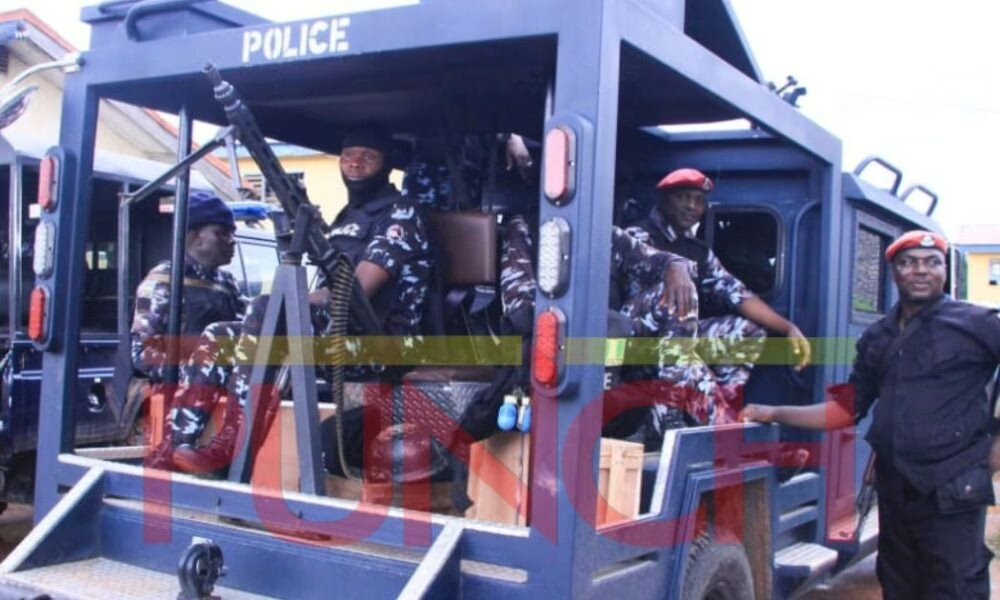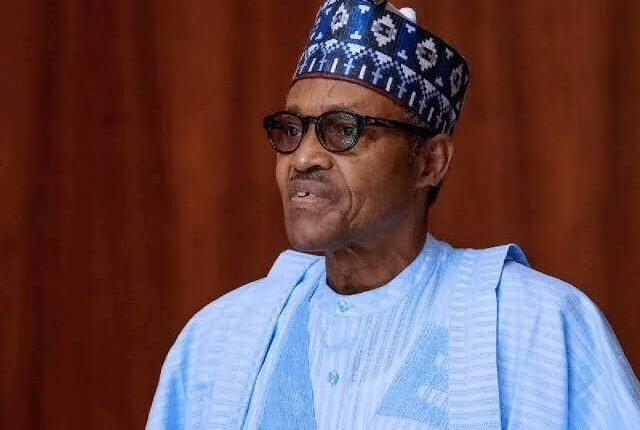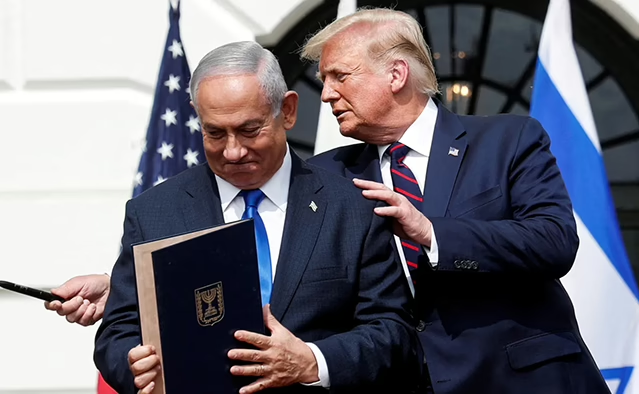The memory of the 2023 presidential election is still fresh in our minds. According to the Electoral Act 2022, and the Independent National Electoral Commission guidelines, INEC was expected to transmit the election results from the polling units electronically in real-time to the Result Viewing Portal. INEC transmitted the National Assembly election results in real time as promised, and the outcomes were clear in many states. Overall, IReV greatly manifested in the outcome of the National Assembly election results, as people who could not buy votes won the election to become federal lawmakers. Kudos to INEC in this regard but the commission failed to transmit the presidential election result in real-time as promised, and attributed it to “technical glitches.”
The off-season state elections are here again (the Kogi, Imo, and Bayelsa governorship elections) and many people are wondering if the experience of the presidential election in February 2023 will repeat itself, in terms of the voting process, collation of results, transmission of results, and declaration of the winner. It is not out of place if the people nurture doubts, considering the level of promises made by INEC during the 2023 elections and the outcomes. In these forthcoming off-season elections, the fear of the unknown is not peculiar to the actions and inactions of INEC, but also to the security agencies. The fear of the unknown from the election umpire, and security agencies is something that every concerned citizen should be worried about, especially as it affects the states.
The peculiarity of Kogi State is something that requires critical attention considering the reports of thuggery and violence unleashed during electioneering. It is therefore imperative for security agencies to pay special attention to the Kogi governorship election on Saturday.
The selection of leadership in Kogi State should concern many other states in the country because of its strategic location. Kogi shares borders with nine states, including the Federal Capital Territory. Kogi State also serves as a gateway from the North to the South.
In 2019, there were allegations that thugs were hired from neighbouring states, to disrupt the Kogi State governorship election. The security agencies should rise to the occasion and live up to the expectation in the November 11 election.
More importantly, INEC must come out clean to make its stand known and stand by it. It is disheartening for the electoral umpire to say one thing and do another thing. It is no longer news that many Nigerian politicians are becoming more and more dangerous, and can do anything, by all means, to win the election at all costs. INEC must wake up to its responsibility and live up to the expectation, as these off-season elections present another testing ground for its true independence and after the 2023 general elections.
The credibility and fairness of the Kogi, Imo, and Bayelsa elections cannot be guaranteed without the use of the Bimodal Voters Accreditation System, electronic transmission of the election results in real-time, and public access to IReV as promised. Again, the idea of not utilising these systems as expected for any “technical glitch,” despite INEC officials turning around to assure Nigeria of the safety of the results from the polling units, will be a disservice to Nigerians, and that will raise doubts about the commission’s ability to be trusted. It will compound the issue of credibility in the institution, which will not be good for our democracy. It is important to note that an election is not free and fair until it is seen to be free and fair and the public can attest to it, not only the winners.
Lastly, the opinions of local and international observers should matter to INEC. If their opinions are not needed, why then are they accredited to observe the election? It is high time we recognised the world as a global village. The time to change the narrative is now.











